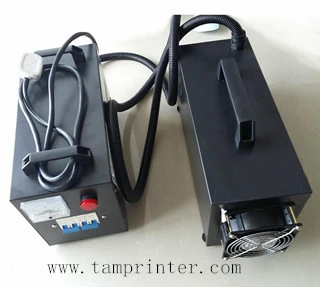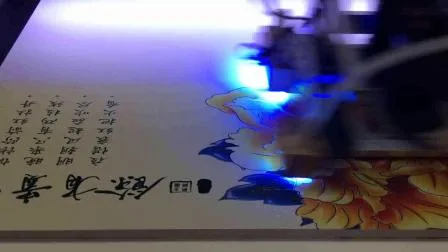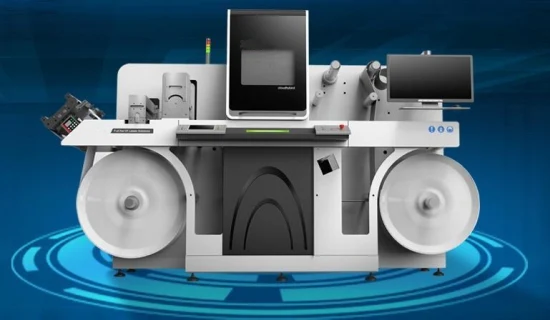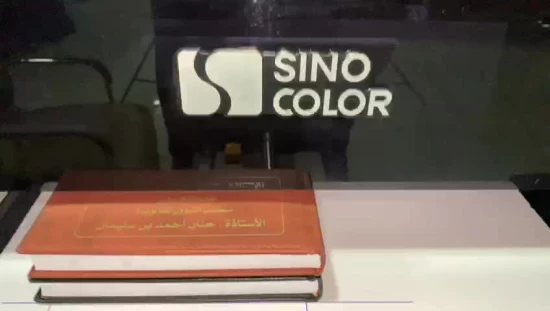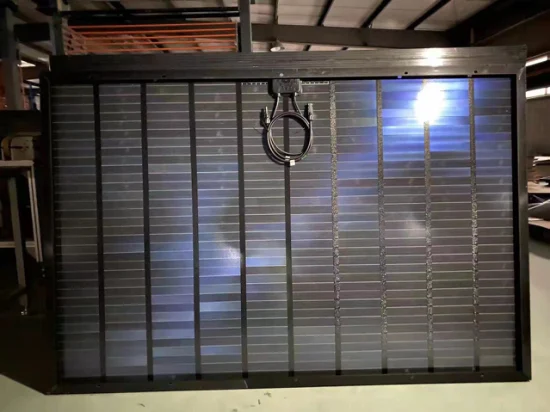
12kVA 15kw Battery Energy Power Hybrid off Grid Solar System in China
Overview Commercial 100kw 100kva 1MW Monocrystalline Mono Solar Power Kit For FARM Related products Product Description
Send your inquiryDESCRIPTION
Basic Info
| Mounting Type | Ground Mounting, Roof Mounting or Customized |
| Pre-Sales Project Design | Yes |
| Solution | for Large Commercial or Utility-Scale |
| Output Voltage (V) | 380, 110VAC/120VAC 220-240/400VAC |
| Output Frequency | 60 |
| Transport Package | Wooden Box |
| Trademark | Alicosolar |
| Origin | China |
| HS Code | 8501320000 |
| Production Capacity | 50000pieces/Year |
Product Description
Commercial 100kw 100kva 1MW Monocrystalline Mono Solar Power Kit For FARM
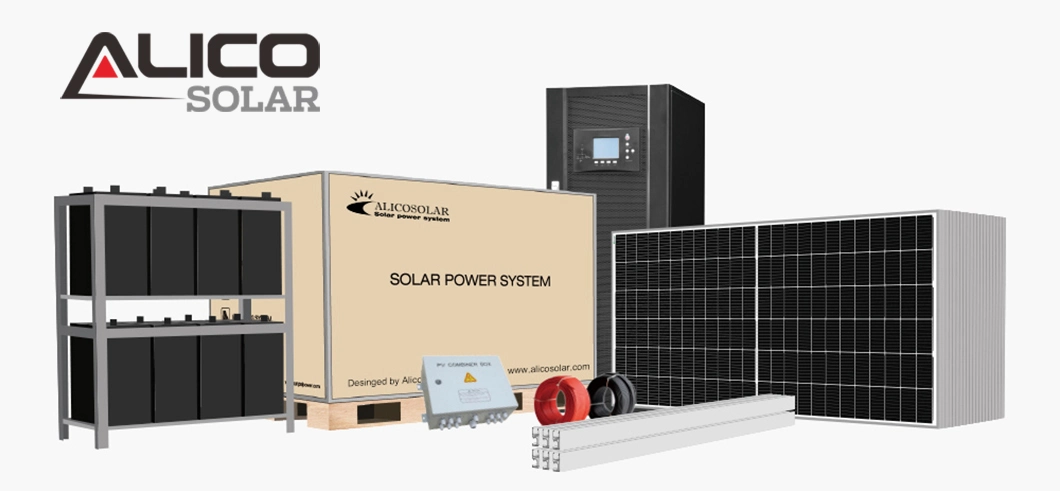
Related products
Product Description
Choose us,contact us, we will help us pick up the right product and let get a great ROI.
Off-grid system types - AC or DC coupled
Off-grid systems are built using either AC or DC coupled power sources. AC-coupled generation sources include common solar inverters, wind turbines or backup generators (gen-sets), while DC-coupled sources include MPPT solar charge controllers or micro-hydro systems.
Whether a system is AC or DC coupled is generally based on the size of the system. Most small-scale systems less than 6kW are DC coupled and use efficient MPPT solar charge controllers. Larger off-grid systems can be either AC or DC coupled depending on the type of off-grid inverter-charger used, and compatibility with different solar inverters (AC) or solar charge controllers (DC). Most modern multi-mode inverters can be both AC and DC coupled, which creates a very secure, flexible power system with multiple charging options and can enable black-start operation if the main inverter shuts down, the backup generator fails or the batteries are depleted.
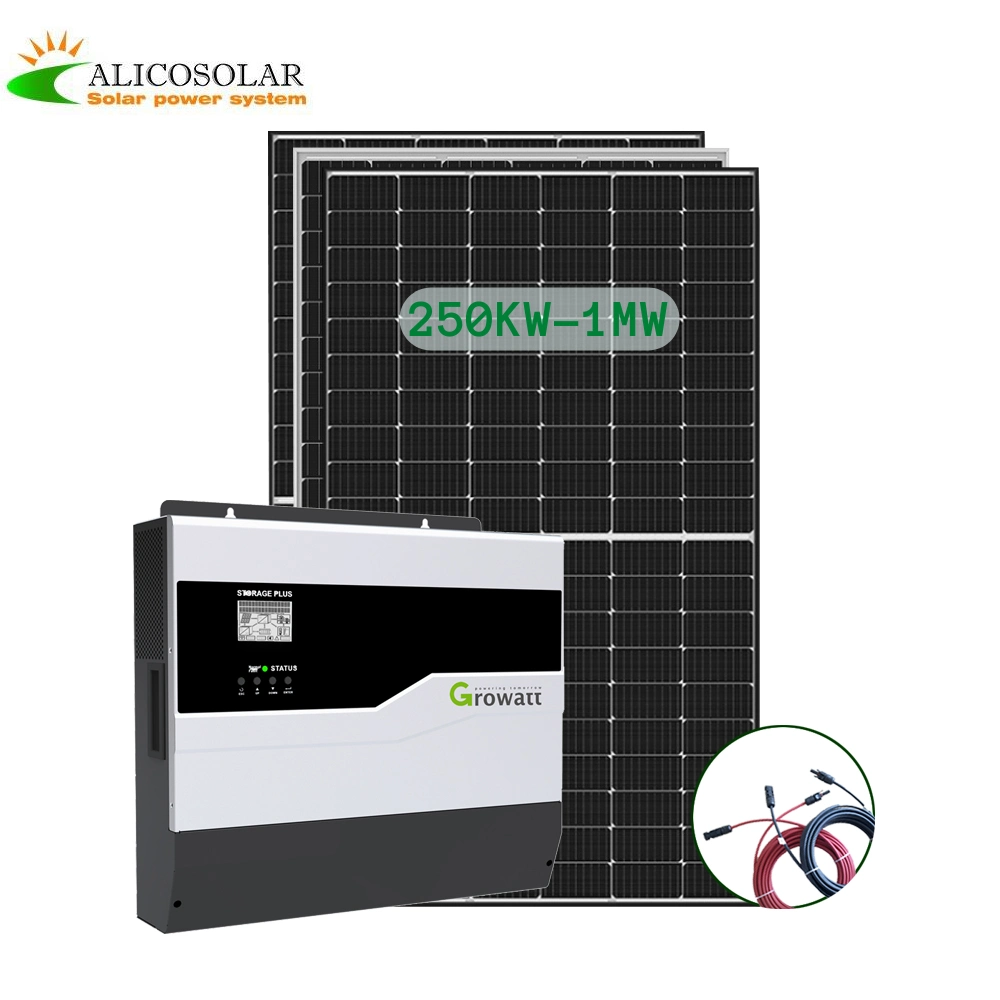
Basic layout of a DC coupled off-grid system- The most versatile and modular off-grid configuration
Basic layout of a AC coupled off-grid system - Well suited for modern off-grid homes and businesses
Positive power tolerance modules ensure projects performanceHigh power output and conversion efficiencyExcellent mechanical load resistance for high wind and snowOur boss work with solar panel more than 30years, we can get the lowest price.
Battery Inverter-Chargers
In most off-grid systems, the battery inverter-charger is the heart and brains of the system. Its primary job is to supply 'pure sine wave' AC power, and it must be able to meet the power requirements of the appliances under all conditions. In addition, the inverter-charger regulates the battery charging and monitors energy flow from all other sources such as solar, wind, hydro or backup generators.The battery inverter-charger should be adequately sized and designed to power appliances such as water pumps, fridge compressors and air-conditioning units which require very high surge (peak) power during startup. This is where many cheaper inverters can fail. If multiple appliances are running at the same time then the inverter must also be able to supply continuous power under all conditions including higher temperatures, so must be sized correctly to account for temperature de-rating. Again this is where cheaper (transformerless) inverters can often trip, especially during high summer temperatures.
Remote Monitoring SystemQuick installation and easy operationFree online monitoring via phone App or desktopFree and user-friendly visualization of performance
Off-Grid Battery Options
Lead-Acid
Until recently, traditional lead-acid deep cycle battery systems were the most common and reliable option for off-grid systems. Lead-acid batteries are a proven technology and can last up to 15 or more years if they are not held at elevated temperatures (above 40 degC), and are not regularly discharged too low. Lead-acid batteries require precise battery charging following a specific charge cycle plus temperature sensors to adjust voltage settings. Most well known off-grid inverter/chargers offer programmable charge voltage settings along with sensors to precisely charge under all conditions. Lead-acid deep cycle batteries are still widely used and offer several advantages over lithium.Lead-acid deep cycle battery options - 2V, 6V or 12V options and various types - Gel, AGM, FloodedOne of the most significant benefits of lead-acid batteries is unlike modern lithium batteries; the battery will not shut-down at a low voltage or low state of charge (SOC). This is important, especially in emergencies or when a backup generator fails. Lead-acid batteries can be discharged down to 0% state of charge if needed for backup, but it is not recommended as it can severely reduce the life of the battery.Advantages
Compatibility with most inverters.Proven and trusted technology.Safe, very low risk (sealed Gel/AGM).Battery will not cutout at low SOC or low voltage**Long life (if not over discharged) Easily recycled.Disadvantages
Lower efficiency - around 80%Low energy density - Very heavyUsable capacity limited - Max 40% DoD on regular basisNot modular - Fixed size once installedCannot sustain partial state of charge for long periodsHigh temperatures can drastically reduce battery life** Cutout voltage & SOC based on inverter settings and rate of discharge.Lithium-Ion
More recently lithium-ion battery systems have become extremely popular due to the high efficiency (92% to 98%), compact size, lightweight and scalability. In contrast, lead-acid battery banks have a fixed size or capacity whereas lithium systems do not suffer this limitation. This flexible sizing allows for additional capacity to be added at a later stage, which is a real bonus for both installers and customers alike. Lithium batteries have a much higher energy density compared to lead-acid and are therefore lighter and more compact. A huge advantage of lithium is the ability to sustain a low state of charge (partial state of charge) for a prolonged amount of time without any negative effects such as sulfation which is a common problem with lead-acid batteries. Also, extremely high charge rates can be achieved using lithium with charging times up to 70% faster than lead-acid.Advantages
Very high efficiency - Approx 97%Very high energy density - Compact and LightweightHigh charge and discharge rates allowedNo degradation issues with partial state of chargeModular and scalable systems (upgradable)Safe and low risk (if charged correctly)Most lithium batteries come with a 10 year warrantyDisadvantages
Can shutdown at high temperatures (45+ degC)Can shutdown at low temperatures (below 5 degC)Can 'trip off' under continuous high surge loads.More difficult to recycle at end of life.May not function without a compatible inverter.Wide application flexibility - mounts for all roof types
Extensive pre-design for fast assembly and installation
Superior durability and longevity
Company Profile
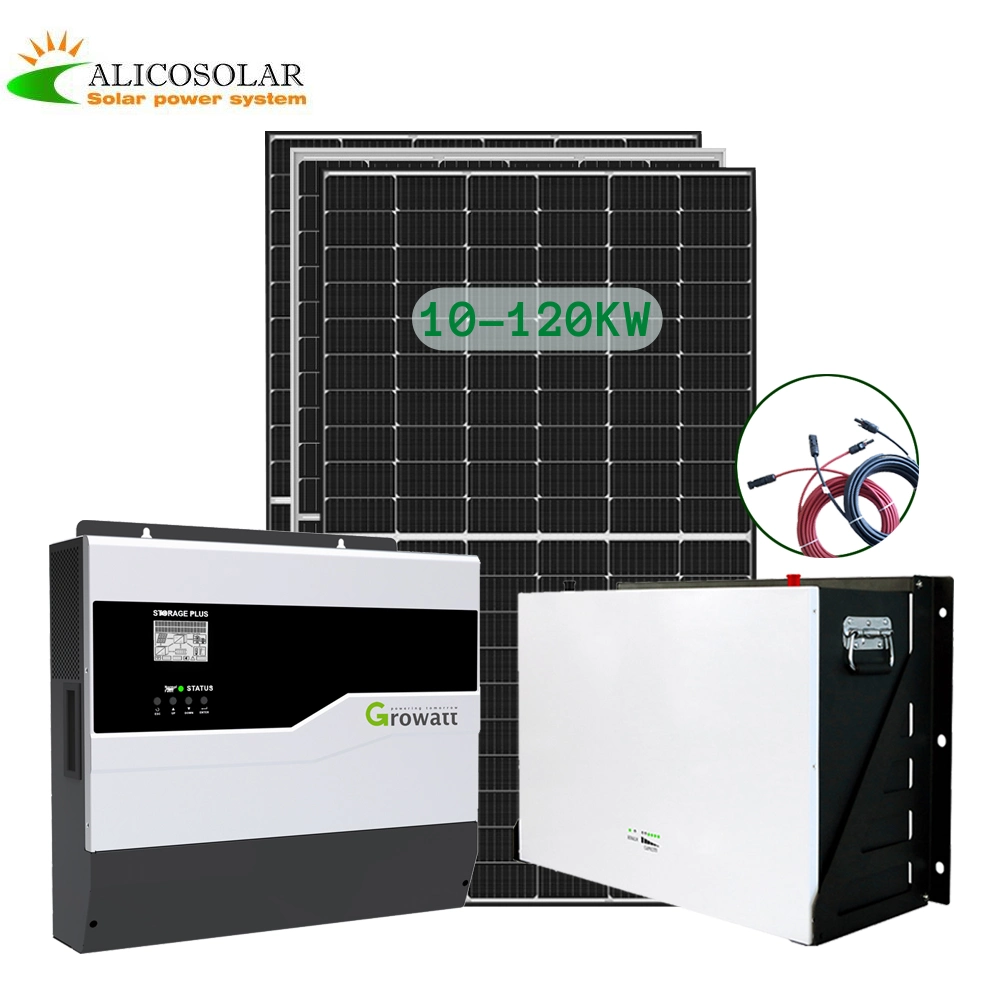
Projects
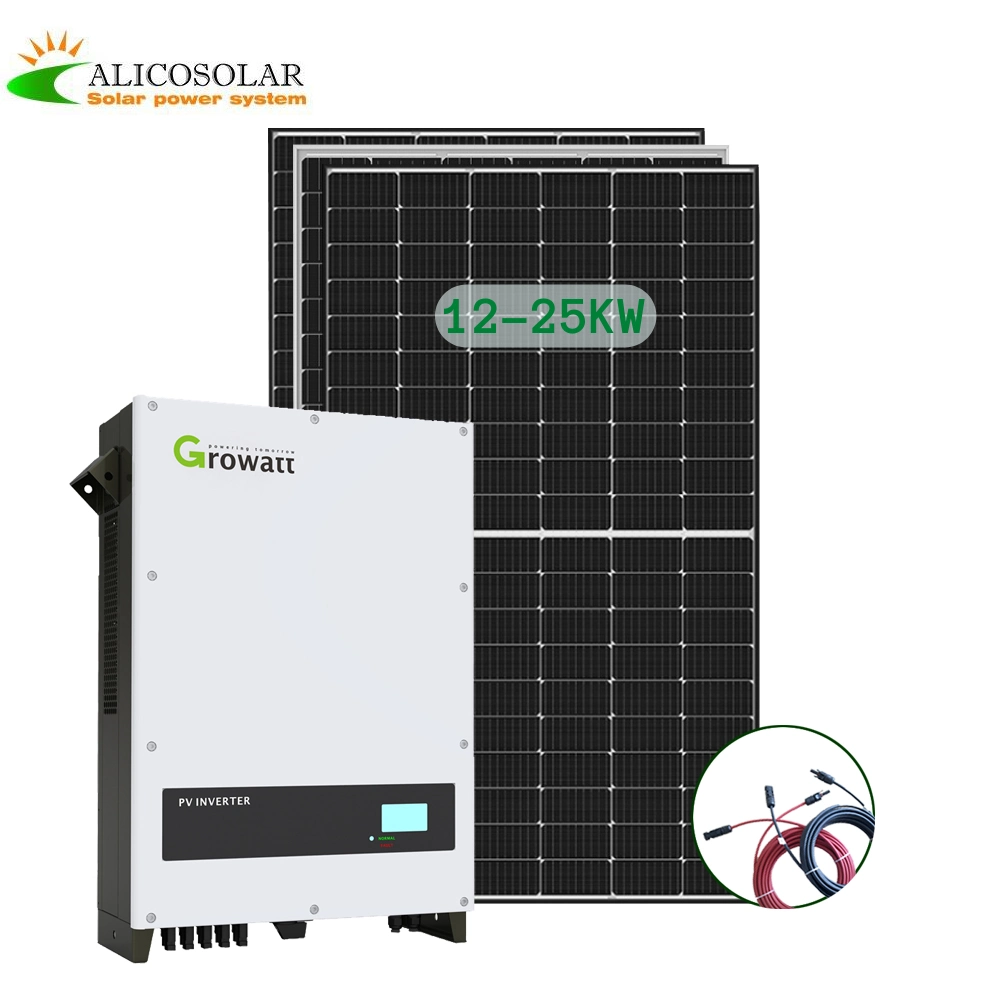
Related Products
-
![Annual 100000m3 AAC Block Plant]()
Annual 100000m3 AAC Block Plant
-
![A1 Dtf Powder Curing Shaker Machine with Pre Heating Board for 60cm Dtf Printer]()
A1 Dtf Powder Curing Shaker Machine with Pre Heating Board for 60cm Dtf Printer
-
![Customized Food Feeding and Packing Machine Line with Plastic Tray Automatic Counting Loading Packaging Line]()
Customized Food Feeding and Packing Machine Line with Plastic Tray Automatic Counting Loading Packaging Line
-
![Factory Directly Supply Block Machinery Cut Brick Machine Maker Industrial AAC Machine Plant Used Block Making Machine AAC Alc Machine Equipment Supplier]()
Factory Directly Supply Block Machinery Cut Brick Machine Maker Industrial AAC Machine Plant Used Block Making Machine AAC Alc Machine Equipment Supplier



